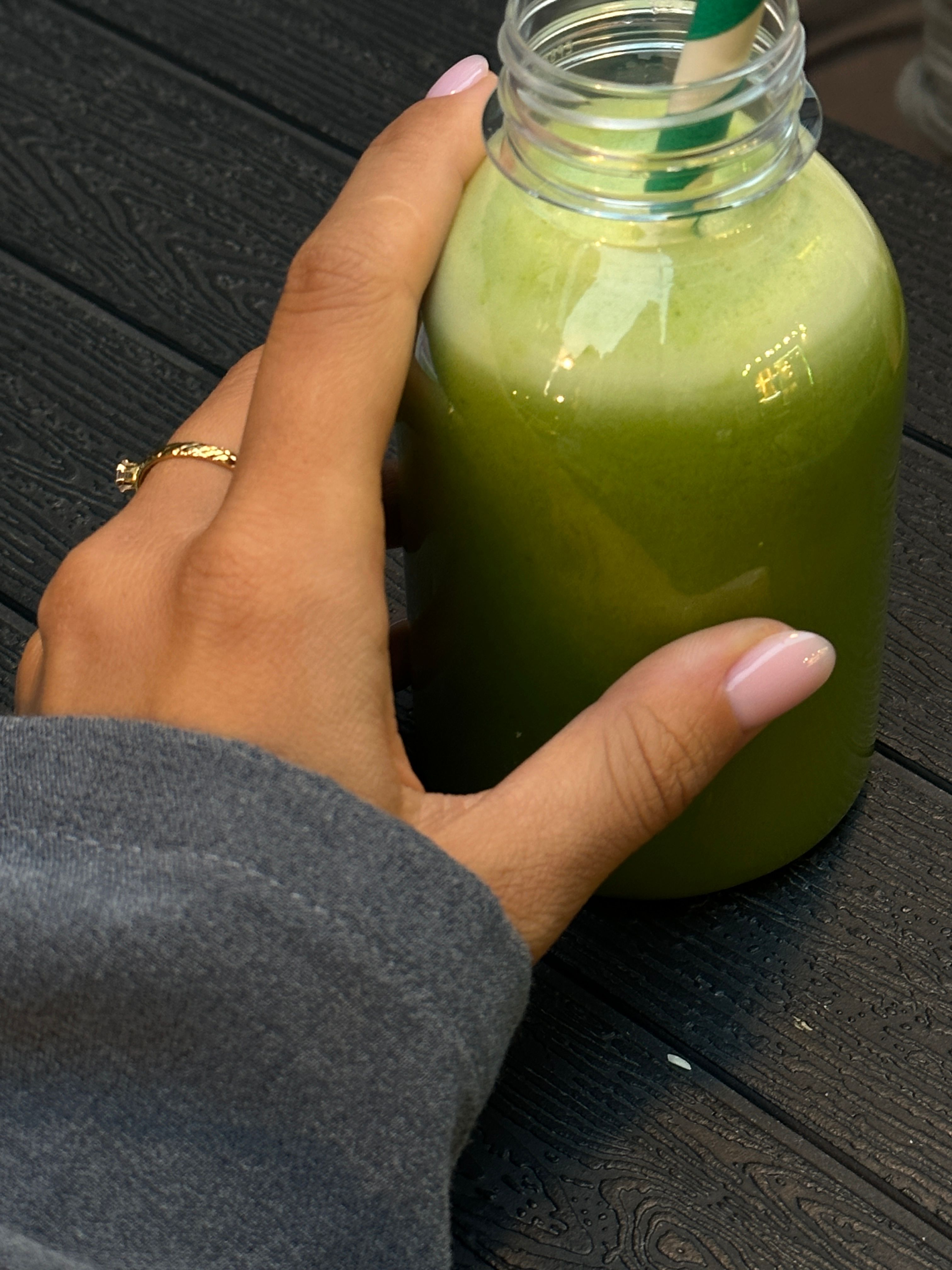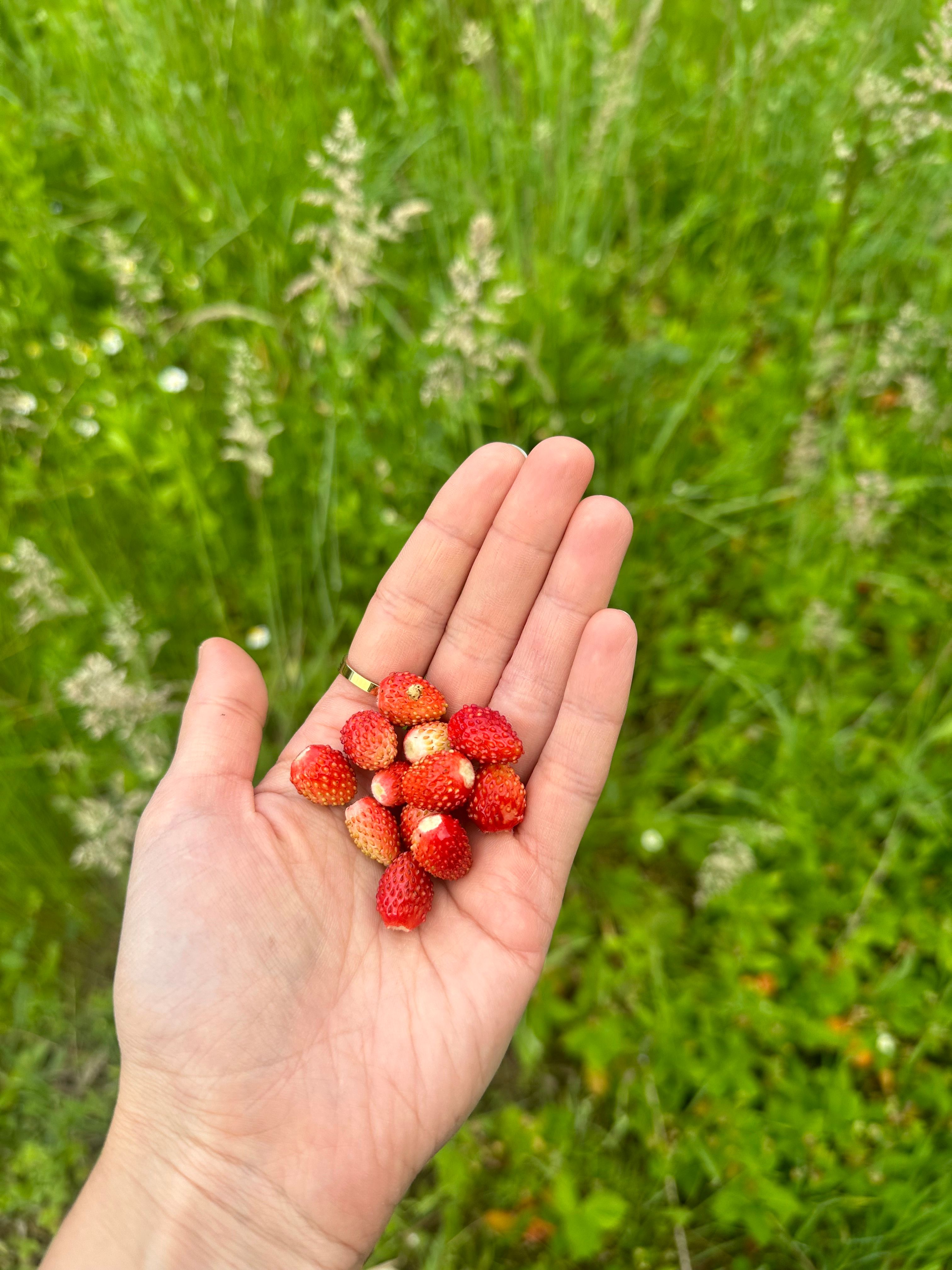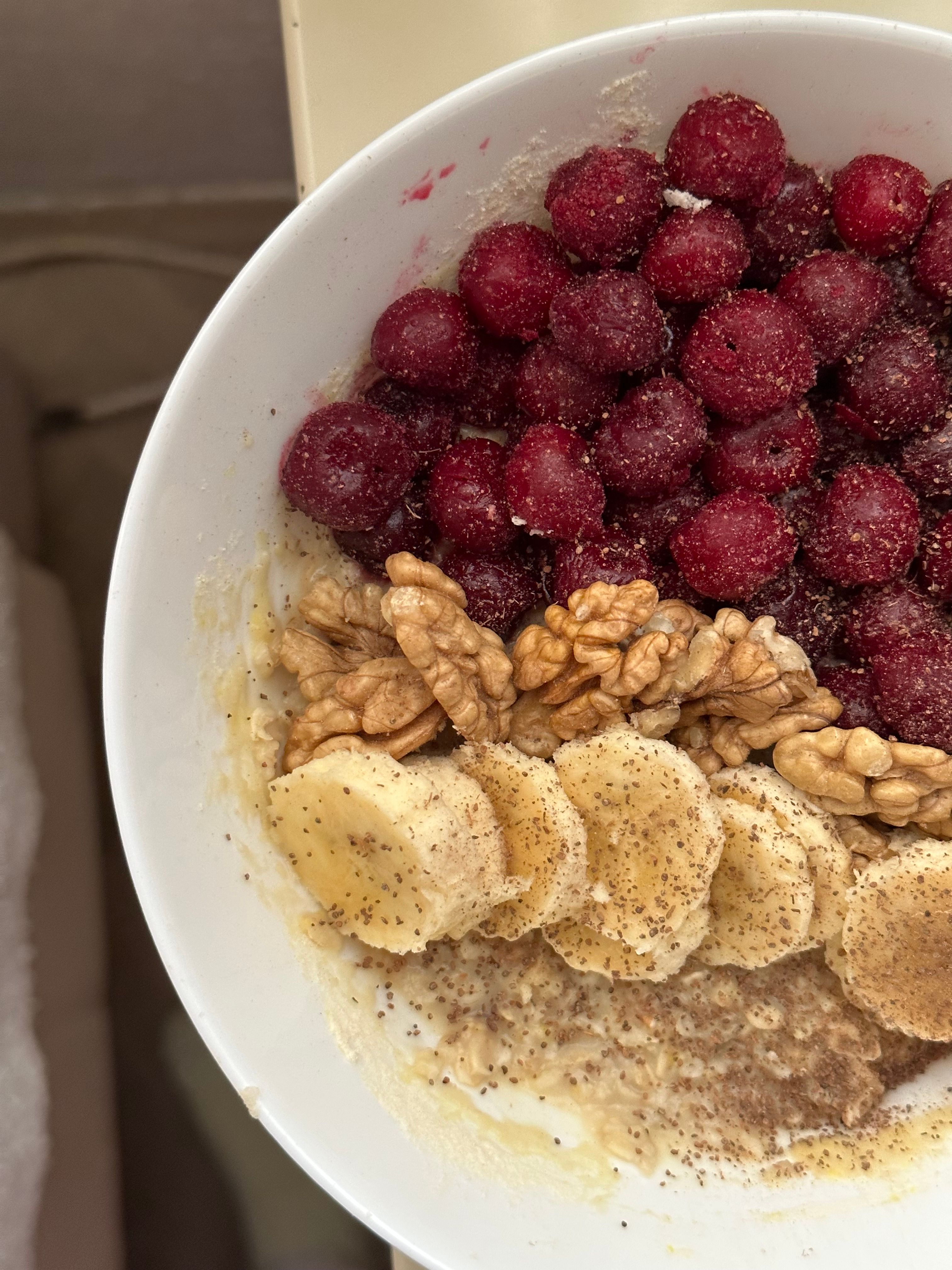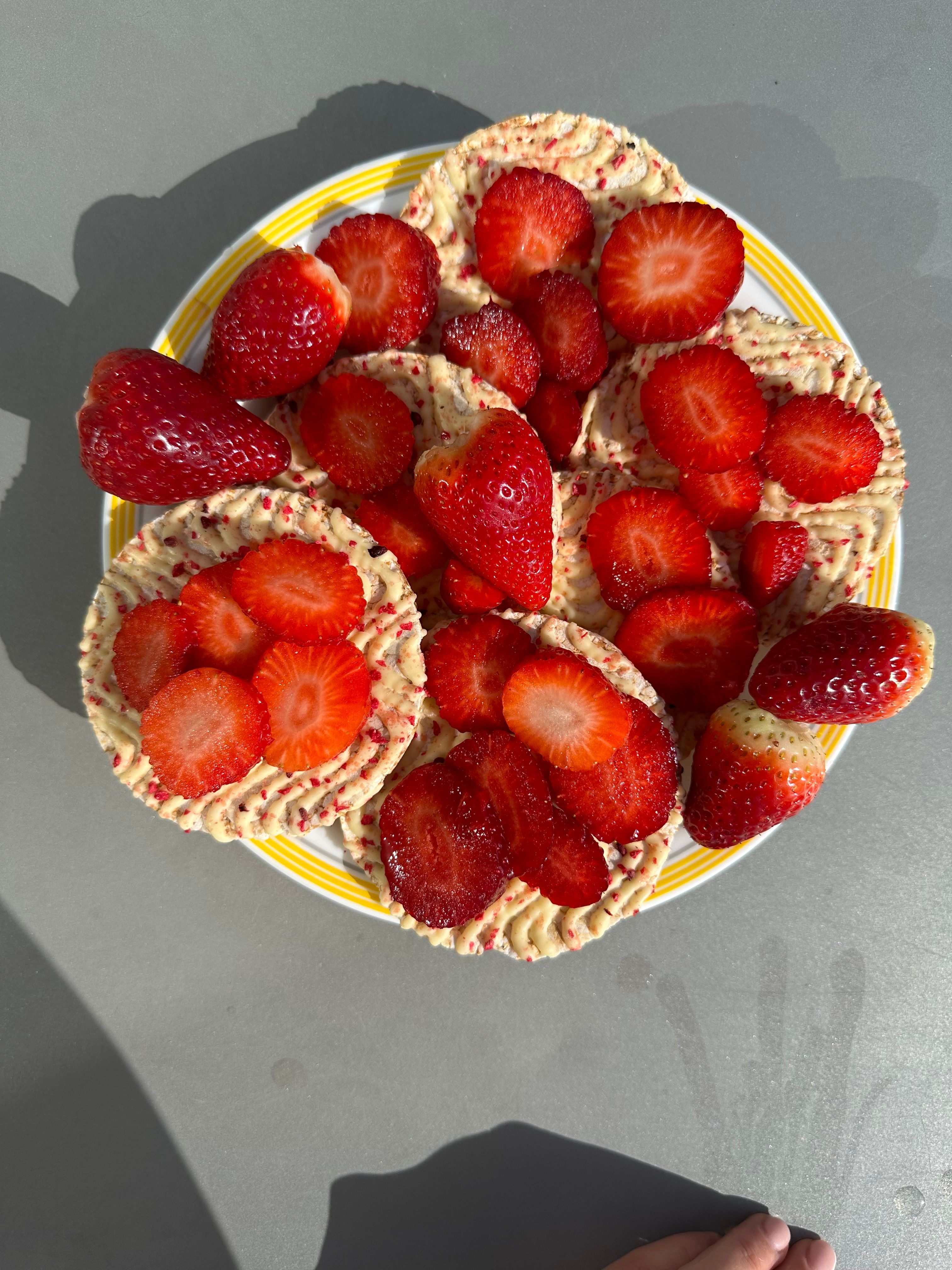Why I Stopped Eating Processed Sugar
Growing up in the early 2000s, when the only sources you could get the information from were the TV or some dusty books standing on the shelves, I never learned about the proper nutrition and healthy eating habits.
I used to think processed sugar was just empty calories, not great for you, but not exactly dangerous either. Boy was I wrong. When I came to the Medical University and started learning about the actual science behind what processed sugar does to our bodies, I realized I'd been sabotaging my health, my skin, and my energy levels for years.
If you've ever wondered whether all the anti-sugar talk is just wellness industry hype, let me share what I learned. The science is pretty clear, and once you understand it, you might find yourself reading ingredient labels with completely different eyes.

How is Processed Sugar Destroying Your Body?
When you consume processed sugar, it hits your bloodstream fast and hard. Your blood glucose spikes dramatically, which triggers your pancreas to release a lot of insulin to deal with it.
This insulin spike doesn't just lower your blood sugar, it often overcorrects, sending your glucose levels below where they started. That's why you feel amazing for 20-30 minutes after eating something sweet, then crash harder than before, your body is literally on a chemical roller coaster.
When your blood sugar crashes, your brain interprets this as an emergency and sends out hunger signals and cravings for quick energy, usually in the form of more sugar. You're now trapped in a biological cycle that's designed to keep you reaching for more processed sugar.
Natural sugars in fruits, for example, come packaged with fiber, which slows absorption and prevents these dramatic spikes and crashes. That's why an apple feels satisfying and stable, while a candy bar leaves you wanting more an hour later.

What Processed Sugar Does to Your Skin
Processed sugar is one of the biggest culprits behind skin issues that we're constantly trying to fix with expensive products. The process is called glycation, and it's basically aging your skin from the inside out.
When you have high blood sugar levels, glucose molecules attach to proteins in your skin, particularly collagen and elastin. This creates harmful compounds called Advanced Glycation End Products (AGEs), which damage the structure of your skin and make it less elastic, less smooth, and more prone to wrinkles.
Processed sugar also triggers inflammation throughout your body, including in your skin. This chronic inflammation can show up as acne, rosacea, eczema, or just general dullness and uneven skin tone. It also reduces your skin's ability to repair itself, so those blemishes stick around longer and heal more slowly.
The high insulin levels caused by sugar consumption can also increase oil production in your skin, leading to clogged pores and breakouts. It's like you're paying for products to fix problems that you're creating with your diet.

Hidden Metabolism Problems
Processed sugar fundamentally disrupts how your body processes and stores energy. High sugar intake leads to insulin resistance, where your cells stop responding properly to insulin. When this happens, your body has to produce more and more insulin to do the same job.
Insulin resistance doesn't just lead to weight gain, it makes it incredibly difficult to lose weight because insulin is a storage hormone. When insulin levels are chronically elevated, your body stays in fat-storage mode rather than fat-burning mode. You could be eating fewer calories and exercising more, but if your insulin is constantly elevated from processed sugar, you will not see the results you expect.
Processed sugar also disrupts leptin, the hormone that tells you when you're full. This is why you can eat a whole pint of ice cream and still not feel satisfied.
The Inflammation Connection
Chronic inflammation is at the root of most modern health issues, and processed sugar is one of the biggest inflammatory triggers in our diet. When you eat processed sugar, it activates your immune system in a similar way that an infection would, creating an inflammatory response throughout your body.
Studies have shown that people who consume high amounts of processed sugar have higher levels of inflammatory markers in their blood.

Alternatives That Actually Worked for Me
The good news is that once you understand what you're dealing with, there are plenty of delicious alternatives that satisfy your cravings without the negative health effects.
Fresh and dried fruits are your best friends. Dates, in particular, are very sweet and can be used in baking or eaten on their own. Medjool dates stuffed with peanut butter are my personal favorite. Berries are also one of my favorites, and they are lower in sugar than most fruits but still satisfy sweet cravings while providing antioxidants.
Stevia is a natural zero-calorie sweetener that doesn't spike blood sugar. It is much sweeter than sugar, so you need tiny amounts, but make sure you look for pure versions without added fillers.
Spices can add sweetness without any sugar at all. Cinnamon, vanilla, and nutmeg can make foods taste sweeter than they are. I often add cinnamon to my oatmeal, and it's amazing how much sweetness it provides.

The Bottom Line
Processed sugar is actively working against your health, your skin, your energy levels, and your overall well-being. The science is clear: it disrupts fundamental biological processes that affect how you look and feel every single day.
You don't have to feel deprived or sacrifice taste to make this change. There are plenty of delicious, satisfying alternatives that work with your body instead of against it. Once you make the switch, you'll wonder why you waited so long to take control of your health.
